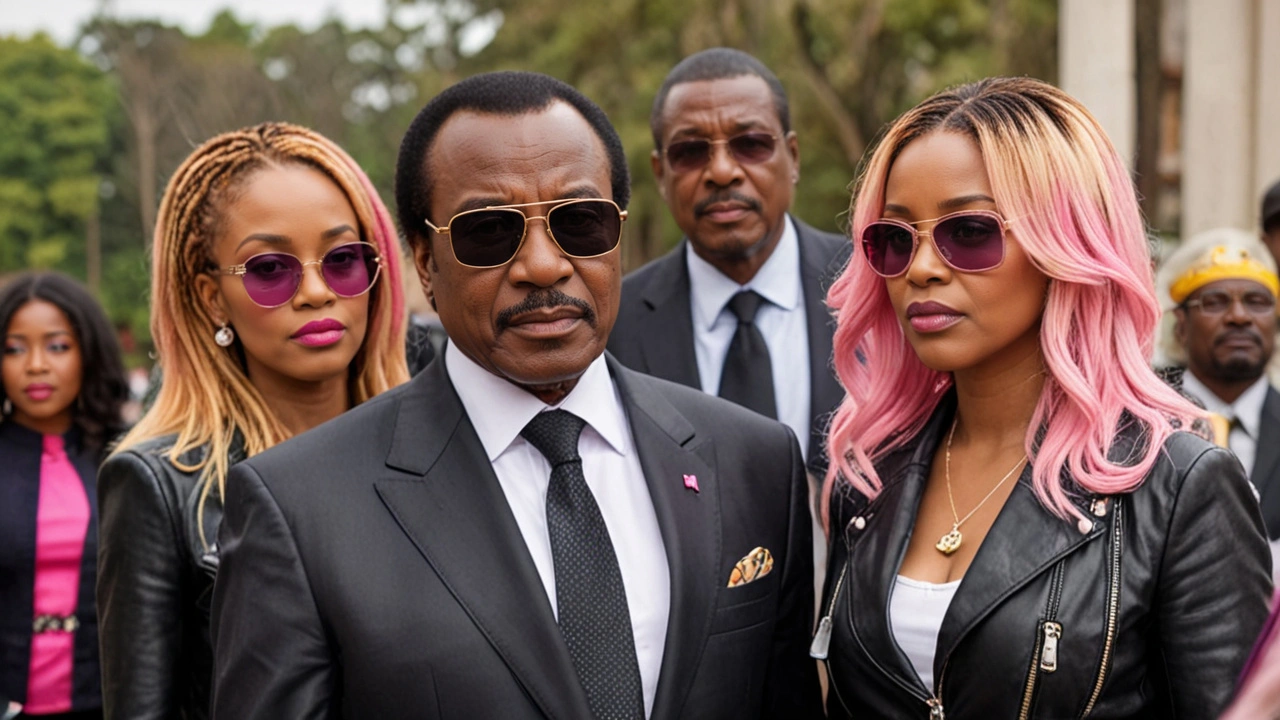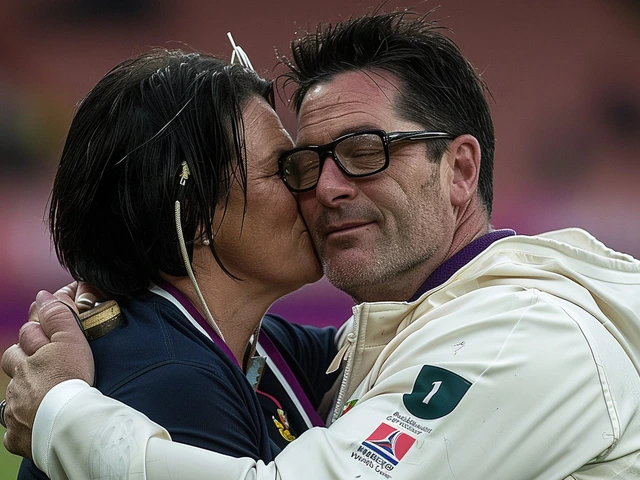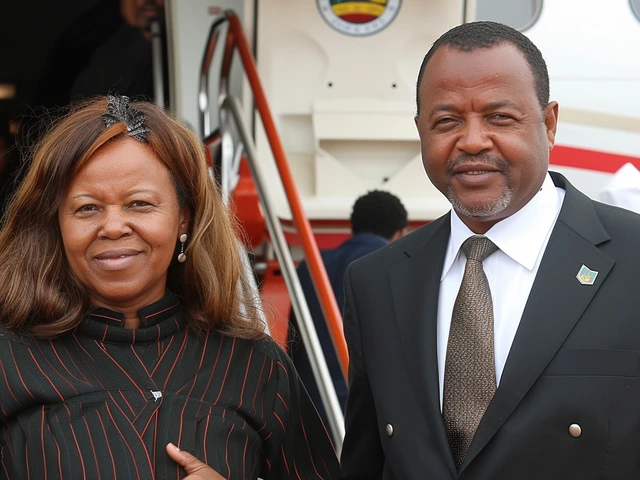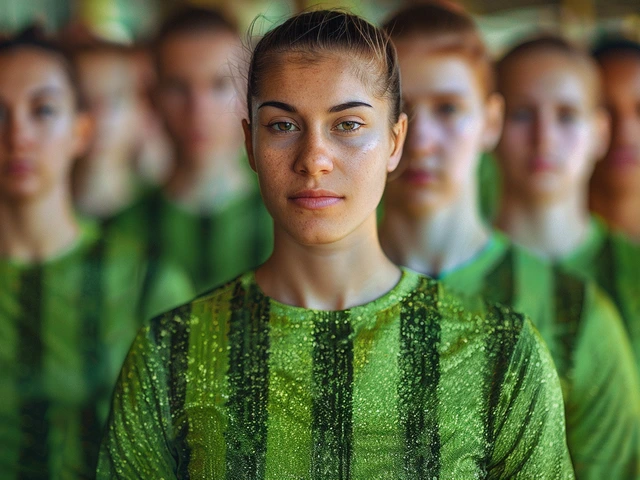Brenda Biya's Bold Step in Advocacy for LGBTQ Rights
In a country where LGBTQ rights are a contentious issue, Brenda Biya, the 27-year-old daughter of Cameroon's long-serving President Paul Biya, has made a courageous declaration. Publicly unveiling her identity as a lesbian, she seeks to shift the narrative and challenge entrenched legal and social norms that criminalize same-sex relationships in Cameroon. Her revelation came through a poignant photo shared on Instagram on June 30, where she was seen kissing her girlfriend, Brazilian model Layyons Valença. Accompanying the picture was a heartfelt message aimed at providing hope and support to those grappling with their sexual orientation in a highly conservative society.
The Legal Landscape: A Barrier to LGBTQ Rights
Cameroon's legal framework presents significant challenges to the gay community. Instituted long before her father ascended to power in 1982, the country's penal code unapologetically punishes same-sex relationships with severe penalties, including up to five years in prison. These laws have not only stifled freedom of expression and love but also fostered an environment of fear and persecution among LGBTQ individuals. Brenda Biya's public stance against such punitive laws highlights her desire for a more inclusive and compassionate society. By sharing her own narrative, she underscores the urgent need to abolish custodial sentences related to sexual orientation, advocating for a shift in both legislation and societal perception.
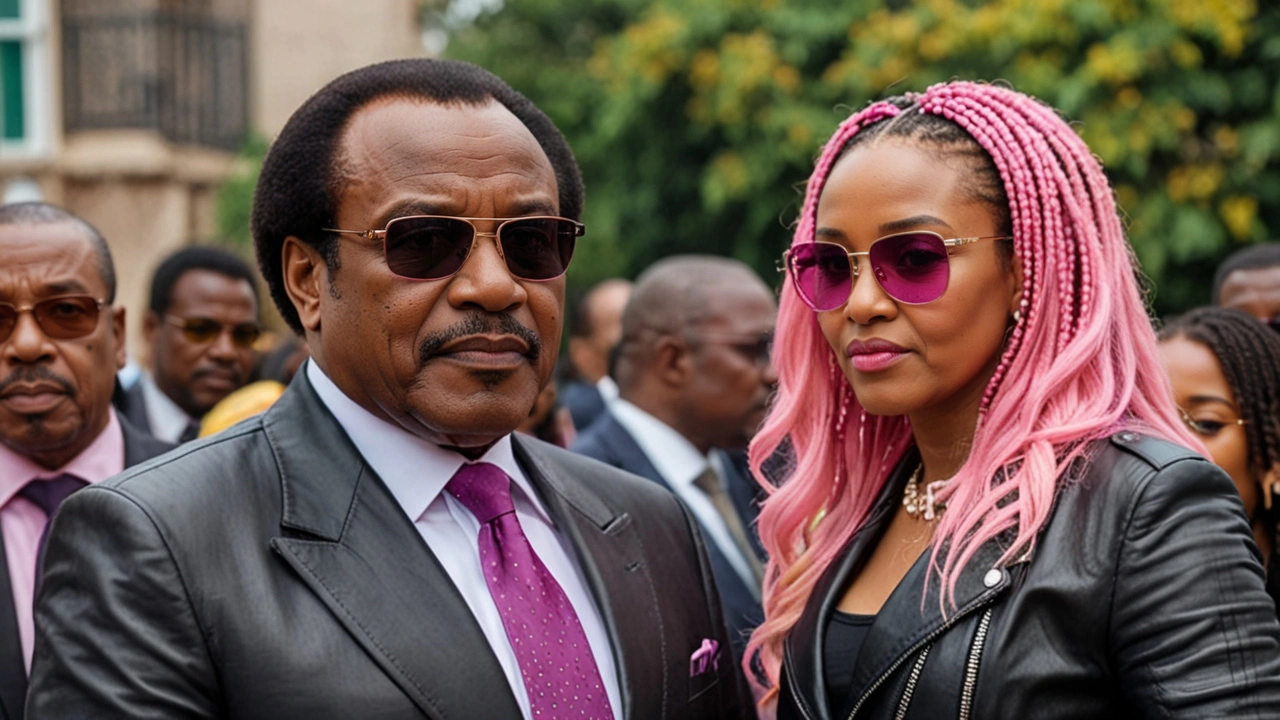
Reactions: A Nation Divided
The announcement has seen a deeply divided response across Cameroon. Supporters have hailed her bravery and recognized the potential this moment holds for initiating meaningful change. Rights activists have particularly lauded her efforts, seeing in her courage the promise of greater awareness and mobilization around LGBTQ issues. They acknowledge the disproportionate impact that anti-LGBTQ laws have on marginalized communities, exacerbating their struggle for acceptance and equality.
Conversely, Brenda's declaration has been met with condemnation from other quarters, manifesting the pervasive resistance toward LGBTQ rights. Critics argue that her actions defy cultural and religious norms deeply ingrained in Cameroonian society. This polarized reaction underscores the complex and often contentious landscape within which LGBTQ rights advocacy operates in the country.
A Potential Turning Point
Despite the backlash, Brenda Biya's decision to come out opens the door to significant possibilities for the LGBTQ community in Cameroon. As the daughter of the sitting president, her high-profile status confers a unique platform from which to amplify her message and influence public discourse. This moment has generated conversations that extend beyond the personal, stirring national debates on the necessity and morality of criminalizing same-sex relationships.
It's worth noting that the Cameroonian government has yet to issue an official stance on Brenda's public revelation. However, this silence does not diminish the significance of the conversations her announcement has ignited. With activists and international observers watching closely, the hope is that these discussions will pave the way for legislative and societal changes that advance the rights and well-being of LGBTQ individuals in Cameroon.
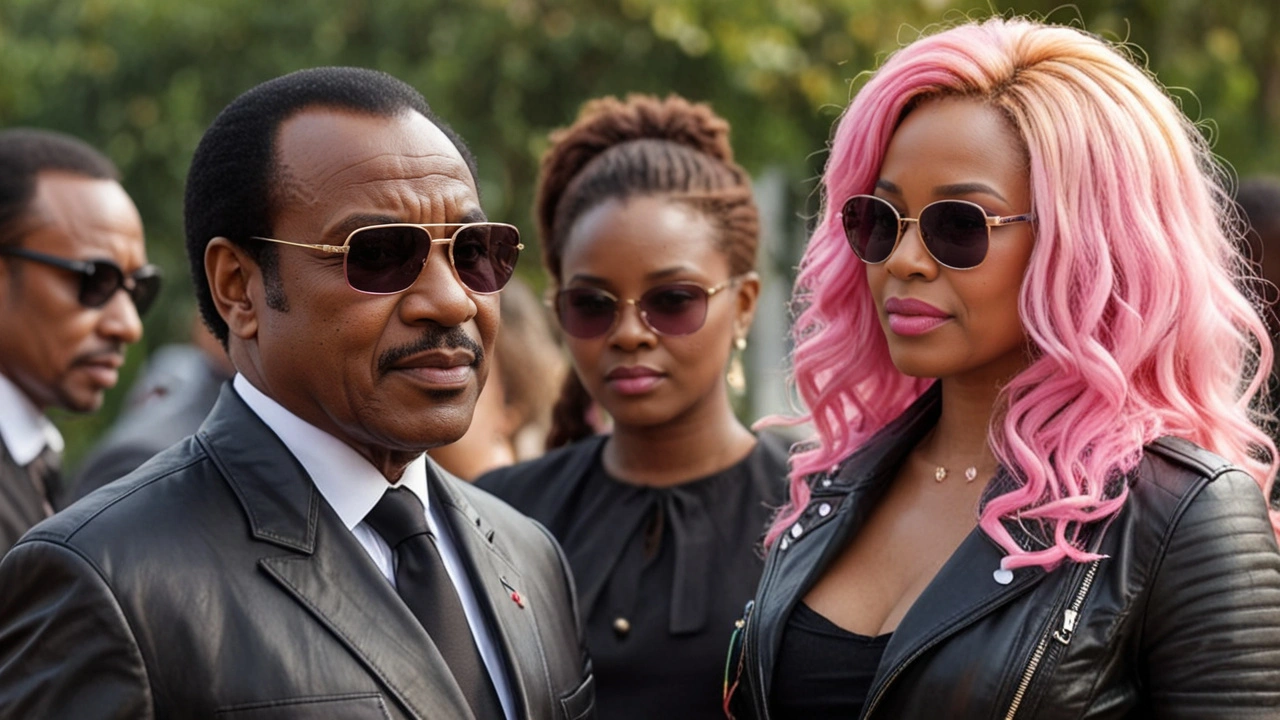
Empowerment Through Narrative
Brenda Biya's journey reflects the broader narrative of empowerment through personal storytelling. By openly embracing her identity and advocating for others, she is potentially setting a precedent for how public figures can influence change. Her story serves as a source of inspiration not only to the LGBTQ community but also to anyone fighting for their right to love and to be seen and heard.
Rights activists are emphatic about the importance of such visibility. They argue that change begins with awareness and empathy, which are often fostered through personal connections and stories. Brenda's decision to step into the limelight and share her truth could thereby catalyze a movement fuelled by shared experiences and solidarity.
Hope for the Future
The road to altering deeply entrenched legal codes and societal beliefs is undoubtedly fraught with challenges. Nevertheless, the courage displayed by Brenda Biya offers a glimmer of hope for the future. Her announcement lays a foundation upon which further advocacy can build, aspiring for a Cameroon where love and self-expression are not grounds for persecution, but celebrated as fundamental human rights.
As her story continues to unfold, the impact of her bold declaration remains to be fully seen. What is certain, however, is that Brenda Biya has sparked a crucial dialogue—one that challenges the status quo and dares to envision a more inclusive and equitable Cameroon for future generations.
